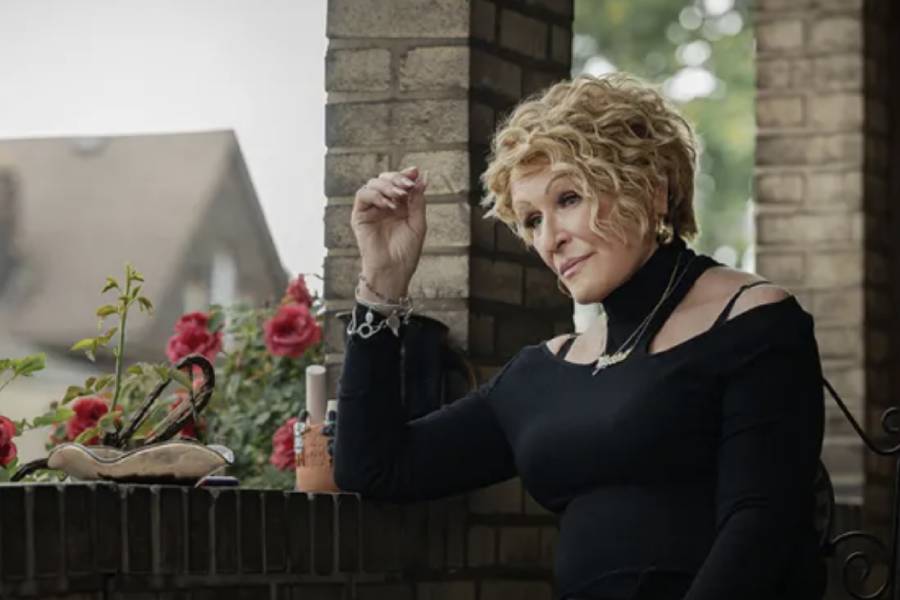“The Deliverance,” directed by Lee Daniels, was advertised as the next great Netflix horror film. It is not.
“The Deliverance” is the first horror film directed by the Oscar-nominated Daniels, who is best known for his critically-acclaimed dramas “Precious” (2009), “The Butler” (2013) and “The United States vs. Billie Holiday” (2021).
Loosely based on the story of Latoya Ammons, who believed her children were possessed after moving into a new house, the film follows ex-convict Ebony Jackson (Andra Day) as she battles alcoholism and poverty — all while abusing the children she claims to love. Ebony is an unlikable character who is hard to root for.
Despite being a horror film, the most interesting conflicts within “The Deliverance” stem from Ebony’s personal relationships with her mother, Alberta (Glenn Close), and Child Protective Services worker Cynthia (Mo’Nique). Both Alberta and Cynthia are on Ebony’s side as she fights to retain custody of her children against the unnamed father threatening to move them to Iraq.
Moving through these conflicts, the first act sets up a potentially powerful redemption story where Ebony stops being selfish and starts genuinely caring for her children. Unfortunately, the film unravels like a mediocre drama. Swarms of flies and a dead black cat provide a few requisite scares that aren’t all that scary.
After a pivotal birthday party scene for Shante, Ebony’s daughter, “The Deliverance” proceeds as a stereotypical exorcism film with run-of-the-mill demonic possession scenes, dropping the most interesting elements of the first half hour. The only silver lining is Aunjanue Ellis-Taylor’s performance as Reverend Bernice James, who saves an otherwise forgettable exorcism scene.
Daniels skillfully crafts compelling interpersonal dynamics, which is evident in the first act of “The Deliverance.” If he’d continued in this direction, rather than straying into horror, this movie might have been great.
All the actors give decent performances, with Mo’Nique’s being the most memorable. Close definitely makes the best of her bad lines, proving that she is one of the greatest actors of all time. However, nothing can save this film from the pitiful dialogue that comes up throughout its runtime. When Cynthia first appears, she looks at herself in a mirror and says, “I got you now, Ebony Jackson,” before interrogating Ebony about the abuse of her children. In a comedy, cartoonish lines like this would be funny. However, this film is no comedy. These lines simply detract from the seriousness of the movie’s themes.
The best part of this movie is Eli Arenson’s cinematography, which was also the highlight of “The Watchers” — another lackluster horror film, but with a slightly bigger budget. A standout shot is Ebony’s youngest son walking down their eerie basement stairs, superimposed over the center of an eye’s pupil. Too bad the lighting wasn’t bright enough for most shots to be easily viewable.
Sadly, “The Deliverance” fails to deliver. For a film with such talented actors and deep themes, the ending’s anticlimactic “Jesus-will-save-you” message comes out of nowhere. Hopefully, Lee Daniels will return to his dramatic roots.




















